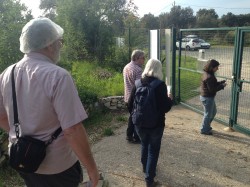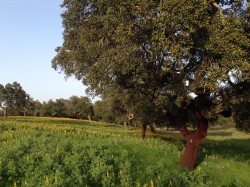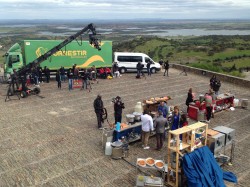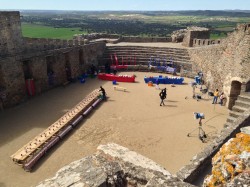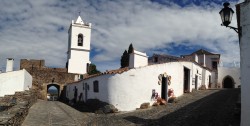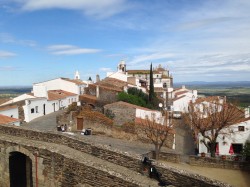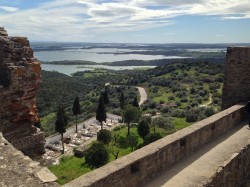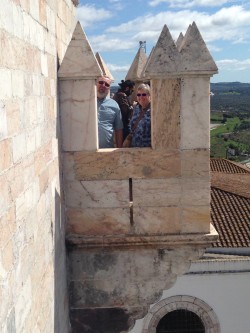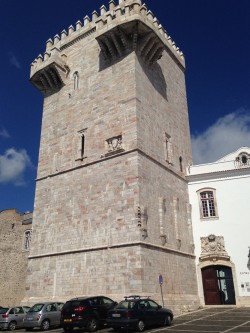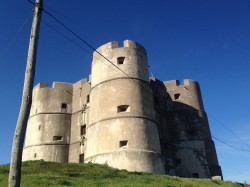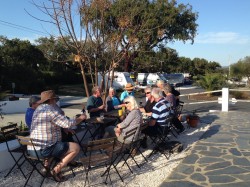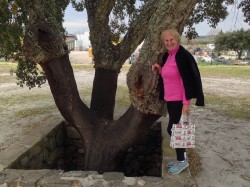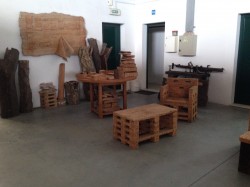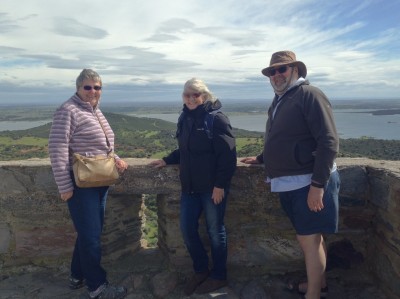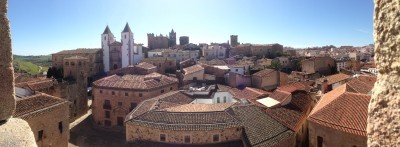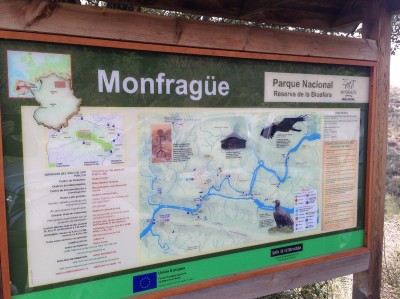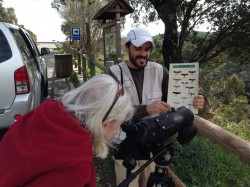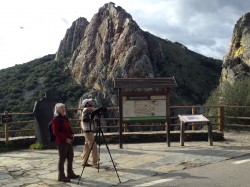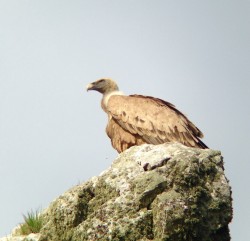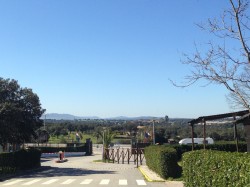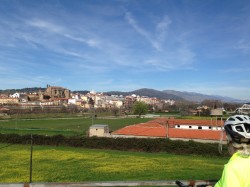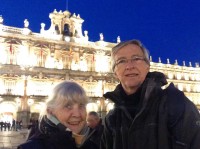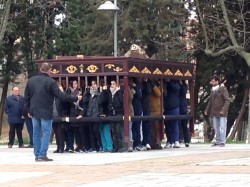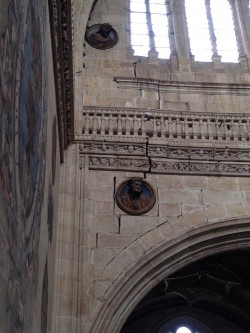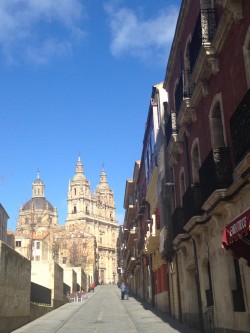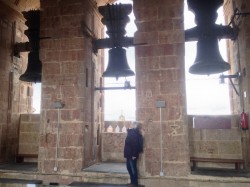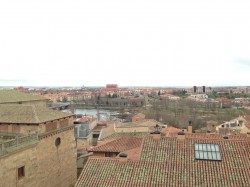Travel Journal, 2017 January to March
(Lots of great photos from various expeditions with Sue and Steve yet to be sorted and added for the rest of March.) We were intending to head further around the Iberian Peninsula, but on balance thought we'd rather return to London mainly to help out with some dog-minding for Louisa and Joe as their young pug puppy Teddy got very sick indeed. Our problematic installation of a big lithium ion battery in the van also needed attention.
We left Portugal at Badajoz and headed for Bilbao via Merida, Plasencia, Palencia and Burgos, stopping overnight at the excellent free aires provided in those towns. March 31 found us enjoying the delights of Bilbao, waiting for our ferry to depart Santander for Portsmouth.
We first met Sue and Steve some years ago at Kate and Vernon's farm near Saffron Walden. In their caravan they have travelled extensively in Europe, with a particular focus on Spain and Portugal. They are a mine of information about Iberia's history, monuments, food and culture. Steve, with Sue's editorial assistance, is an expert blogger. You can click here to read their blog "Adventures before dementia".
They're also great fun to meet up with. We had arranged to rendezvous, with us southbound and them slowly heading north after several months in southern Portugal. Today we met them at one of their favourite Portuguese camp sites, Seibo's, near Estremoz.
Over the next ten days, they chauffeured us far and wide to see some hugely interesting sights in this area of central Portugal. A selection of photos is shown above.
Even by comparison with the magnificent north western Spanish cities we'd seen so far, Cáceres was amazing. It's a UNESCO World Heritage Site.
More details here.
Monfragüe National Park is one of only about twenty such parks in Spain, we understand. With many rocky outcrops, it attracts a large number of raptors. Valentin was our excellent guide, taking us through the park explaining the history and stopping frequently to train his high-powered telescope on the park's birds and animals.
The park, finally fully established as a national park only in 2007, is in the process of recovering from a disastrous foray into eucalyptus farming during Franco's regime
The heart of a city of 200,000 people, Salamanca's main square - regarded as one of Spain's finest - was busy into the brisk evening. The city is home to Spain's oldest university, established in the 13th century.


